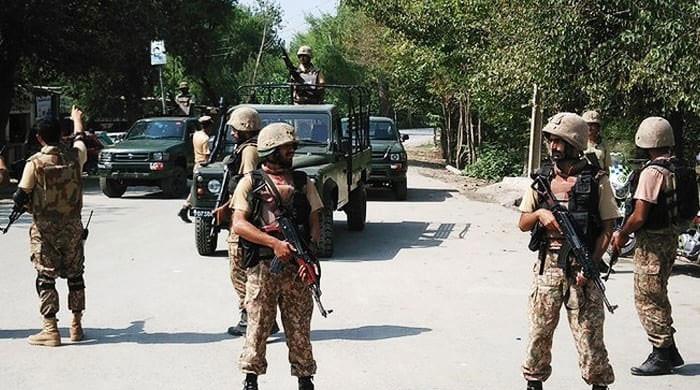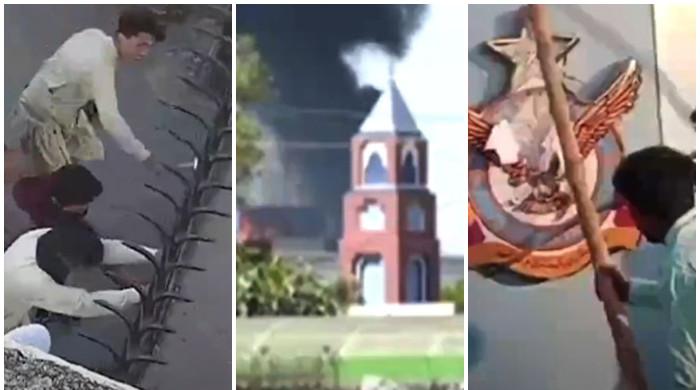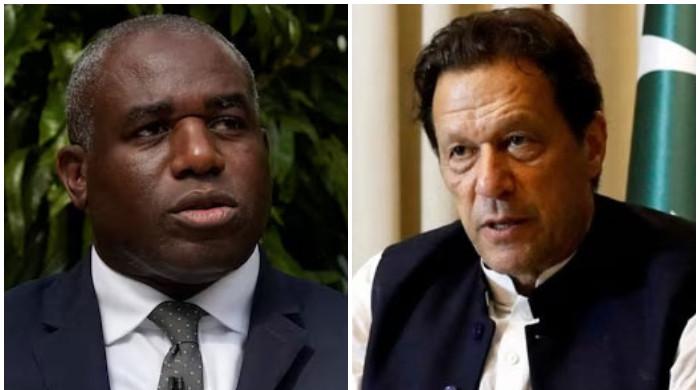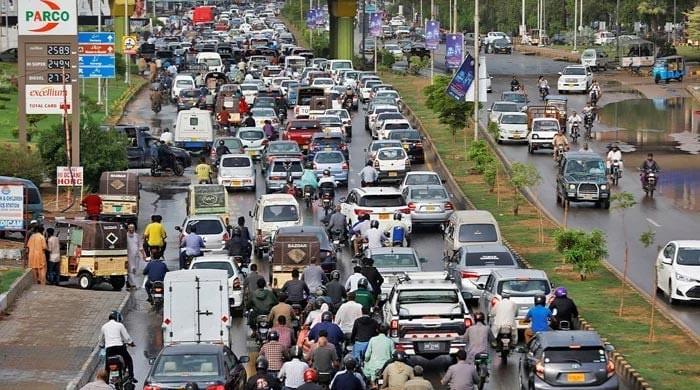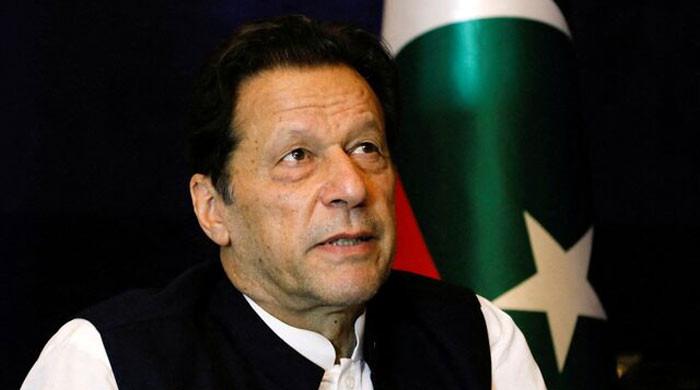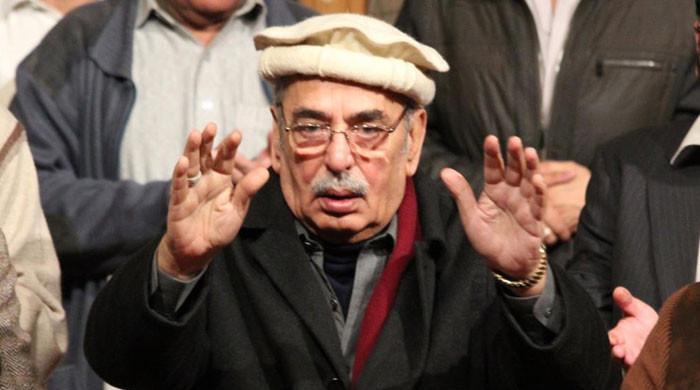HRCP expresses ‘deep concern’ over human rights situation in northern Sindh
The mission finds that poor conviction rates in gender-based violence cases were exacerbated by a dearth of shelters for survivors
September 08, 2023
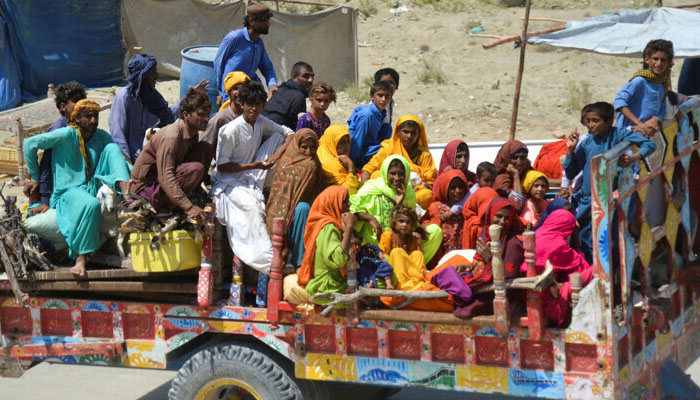
In its fact-finding report, the Human Rights Commission of Pakistan (HRCP) has expressed deep concern over the human rights situation in northern Sindh.
Based on an HRCP fact-finding mission conducted in February 2023, the report titled "Northern Sindh: In Search of Solutions" was launched in Karachi today.
The report also shows concerns over rights violations against vulnerable groups, precarious law and order, poor access to education and healthcare, and other curbs on fundamental freedoms.
The report draws on interviews and consultations in Ghotki, Mirpur Mathelo, Kandhkot, Jacobabad, Larkana and Karachi, where the mission met human rights defenders, lawyers, journalists, students, workers, political leaders, government representatives and law enforcement authorities.
The mission found that poor conviction rates in gender-based violence cases were exacerbated by a dearth of shelters for survivors. “Religious minorities were also deemed vulnerable to deep-seated discrimination, arbitrary blasphemy accusations and faith-based conversions.”
Alarming rates of organised crime, enforced disappearances, extrajudicial killings and exploitative feudal power systems prevailed amid a stark lack of good governance and accountability, particularly in the katcha areas, it added.
“Tribal feuds especially played a significant role in the region’s conflict dynamics, paralysing socio-economic development there as well.”
The mission further noted that an imbalance in resource allocation has led to limited access to good education and health facilities.
Censorship of coverage on rights issues
Moreover, while censorship of coverage on human rights issues continued unabated, journalists alleged facing attacks by law enforcement personnel and fabricated FIRs to suppress press freedom. Concerns related to the rehabilitation of flood victims, as well as long-term climate sustainability measures, also remain.
The report broadly recommends establishing an overarching women's protection system with shelters in every district, and monitoring issues related to religious minorities for immediate redressal.
The HRCP suggested that the state must also set up accessible and affordable health and education facilities for the people of northern Sindh, and take measures to curb extrajudicial killings with special capacity-building workshops for the police.
A dedicated police unit to tackle organised crime and abductions, particularly in the katcha areas, must be set up.
Rehabilitation of flood victims
Furthermore, the Sindh Commission for Human Rights must keep track of enforced disappearances in the region and become party to all inquiries put before any forum, read the report.
Given the devastating impact of the 2022 floods in northern Sindh, the state must also work towards completely rehabilitating flood-affected persons who await help, and devise long-term sustainable climate solutions.




